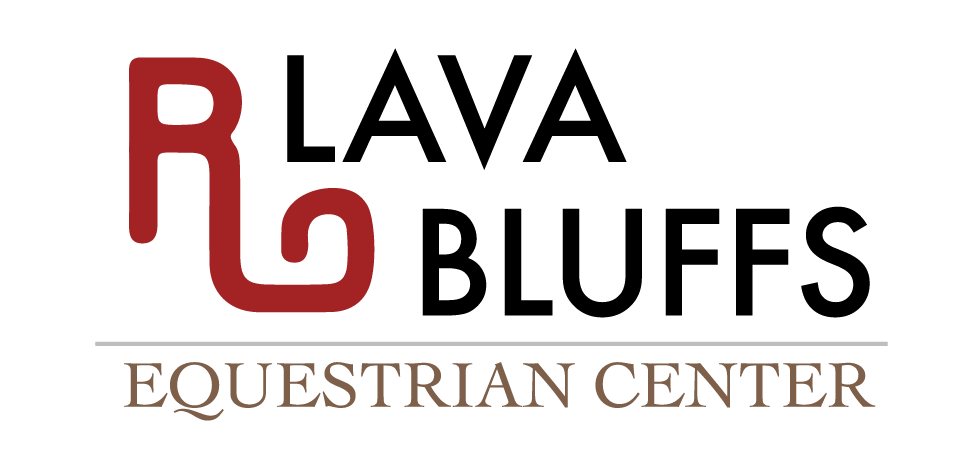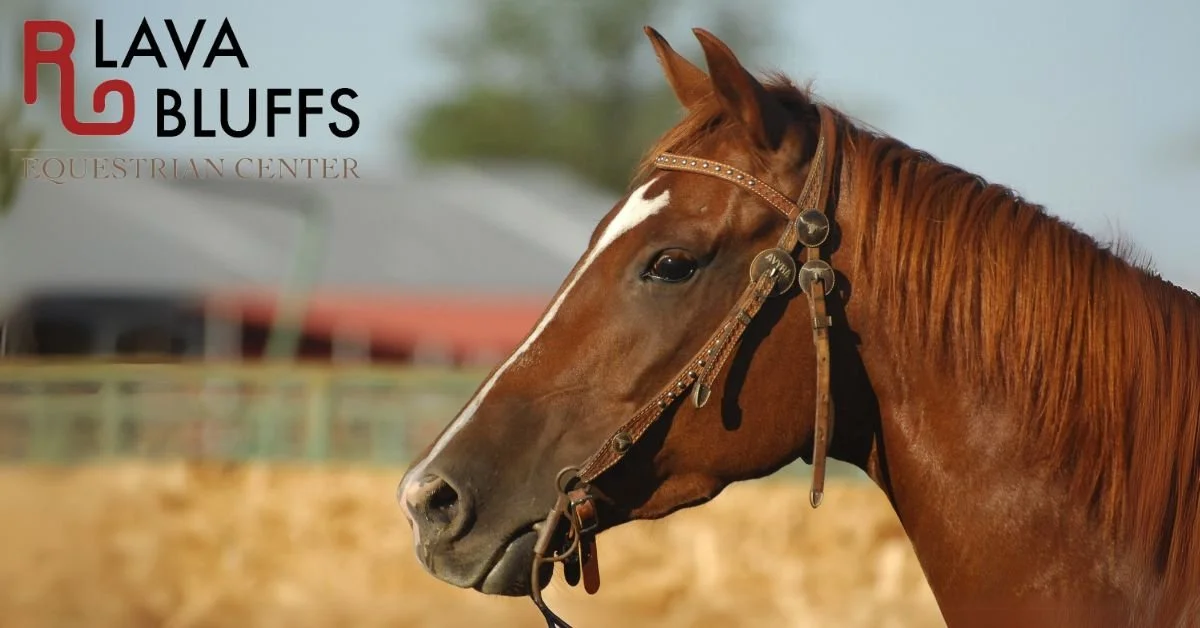Southern Utah is a dream destination for many equestrians, offering stunning landscapes, wide-open spaces, and a horse-friendly culture. If you're considering buying horse property in this region, there are several important factors to keep in mind. This guide will walk you through what you need to know to make an informed decision.
1. Understand Zoning and Land Use Regulations
Before purchasing horse property, it’s crucial to research the zoning laws and land use regulations in the area. Some properties may be zoned for agricultural use, which often allows for horses, while others may have restrictions. Check with local planning offices to confirm whether the property is horse-friendly and what activities are permitted.
2. Evaluate the Property Size and Layout
Horses require ample space to roam, graze, and exercise. A general rule of thumb is at least 1-2 acres per horse, though this may vary depending on how the land is managed. When evaluating a property, consider:
Pasture size and quality
Accessibility to water
Space for barns, stables, and storage
Room for riding arenas or trails
3. Check for Water Rights and Access
Water is a critical resource for any horse property. In Southern Utah, where the climate is arid, it’s especially important to ensure the property has reliable water access. This might include:
Rights to a well or shared water source
Irrigation systems for pastures
Access to municipal water if available Make sure to verify the water rights and understand any associated costs or restrictions.
4. Inspect Existing Facilities
Many horse properties come with barns, stables, and fencing already in place. However, it’s essential to assess the condition of these facilities:
Are the barns and shelters structurally sound?
Is the fencing secure and horse-safe?
Are there proper drainage systems to prevent water pooling? If the property lacks these features or requires upgrades, factor the cost of improvements into your budget.
5. Consider Accessibility
Ease of access is another important factor when buying horse property. Look for properties with:
Wide driveways for trailers and trucks
Proximity to veterinary services and feed suppliers
Nearby riding trails or open spaces Convenient access can make a big difference in your day-to-day horse care and activities.
6. Assess the Soil and Vegetation
Healthy pastures are vital for horses to graze. Check the soil quality and type of vegetation on the property. Some areas in Southern Utah may require additional irrigation or soil improvement to sustain grazing. Consult with local agricultural experts if needed.
7. Understand Maintenance Requirements
Owning horse property comes with ongoing maintenance responsibilities. From keeping fences in good repair to managing manure and maintaining pastures, it’s important to understand the work involved. If you’re new to owning horse property, consider connecting with local equestrian groups for advice and support within the community.
8. Work with a Knowledgeable Real Estate Agent
Buying horse property is a specialized real estate transaction that requires expertise. A knowledgeable agent familiar with Southern Utah’s equestrian market can help you navigate the process, from identifying suitable properties to negotiating the best deal. They can also connect you with professionals for inspections and land assessments.
9. Consider Future Plans
Consider your long-term objectives while investing in horse property. Do you intend to establish an equestrian business, hold events, or grow your herd? You'll save time and money later if you make sure the property fits your goal.
10. Budget for Additional Costs
In addition to the purchase price, there are other costs to consider when buying horse property, such as:
Property taxes
Insurance (including equine liability coverage)
Maintenance and repair expenses
Equipment purchases (e.g., tractors, mowers)
Southern Utah offers a unique and beautiful setting for horse enthusiasts, but purchasing the right property requires careful consideration. By understanding these factors, you can find the perfect property to meet your needs.
If you’re ready to explore horse properties in Southern Utah, contact me today. I specialize in equestrian and luxury real estate and would love to help you find your dream property.


